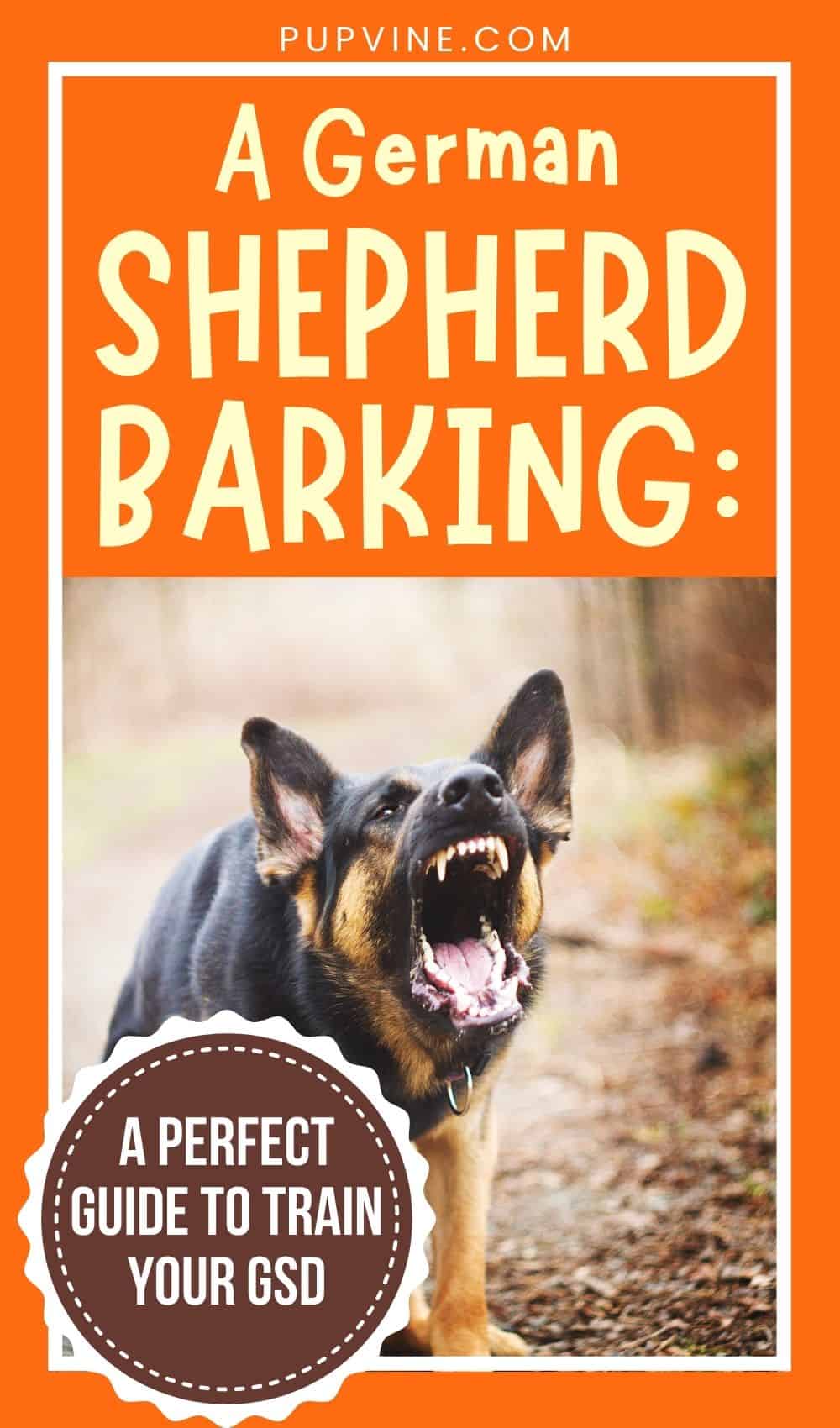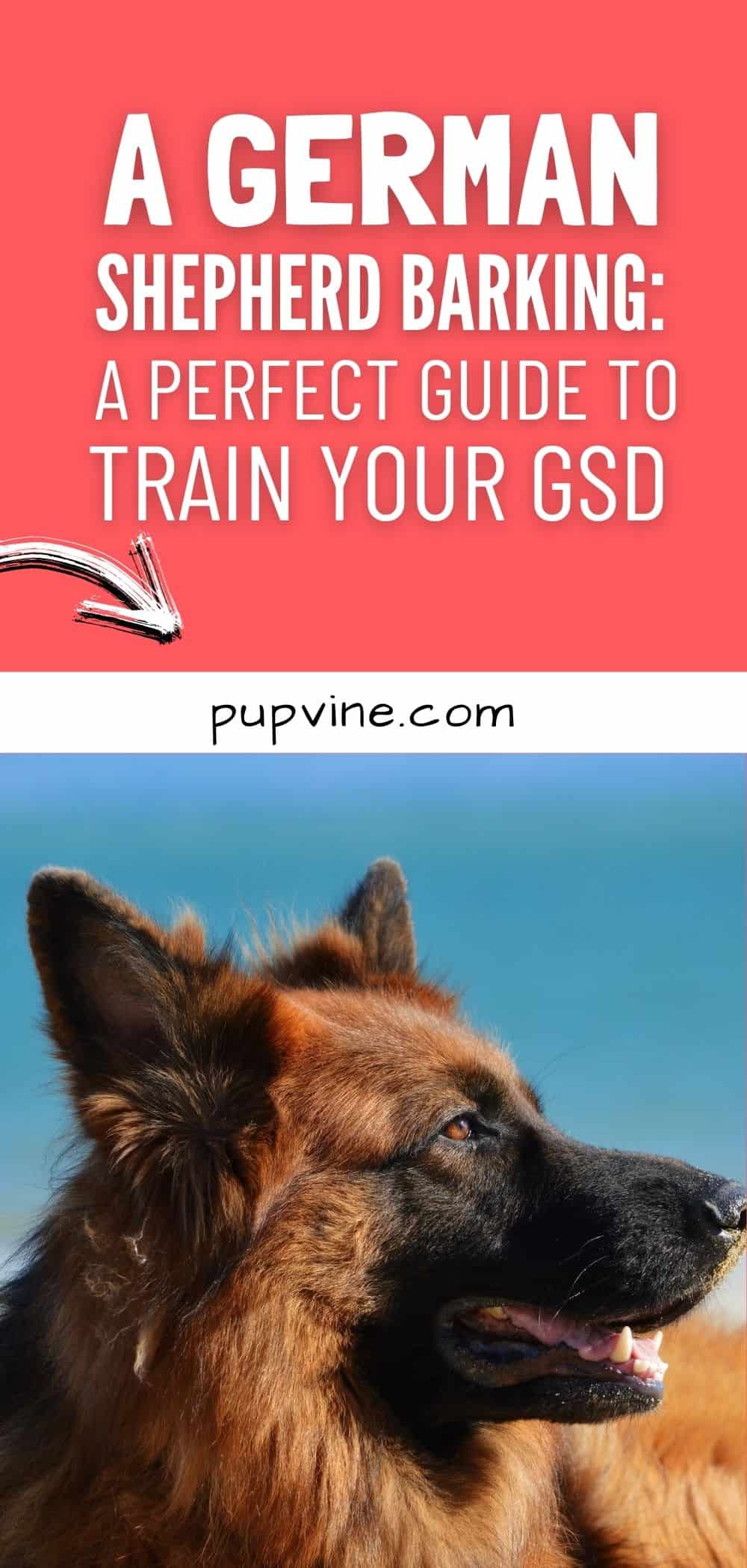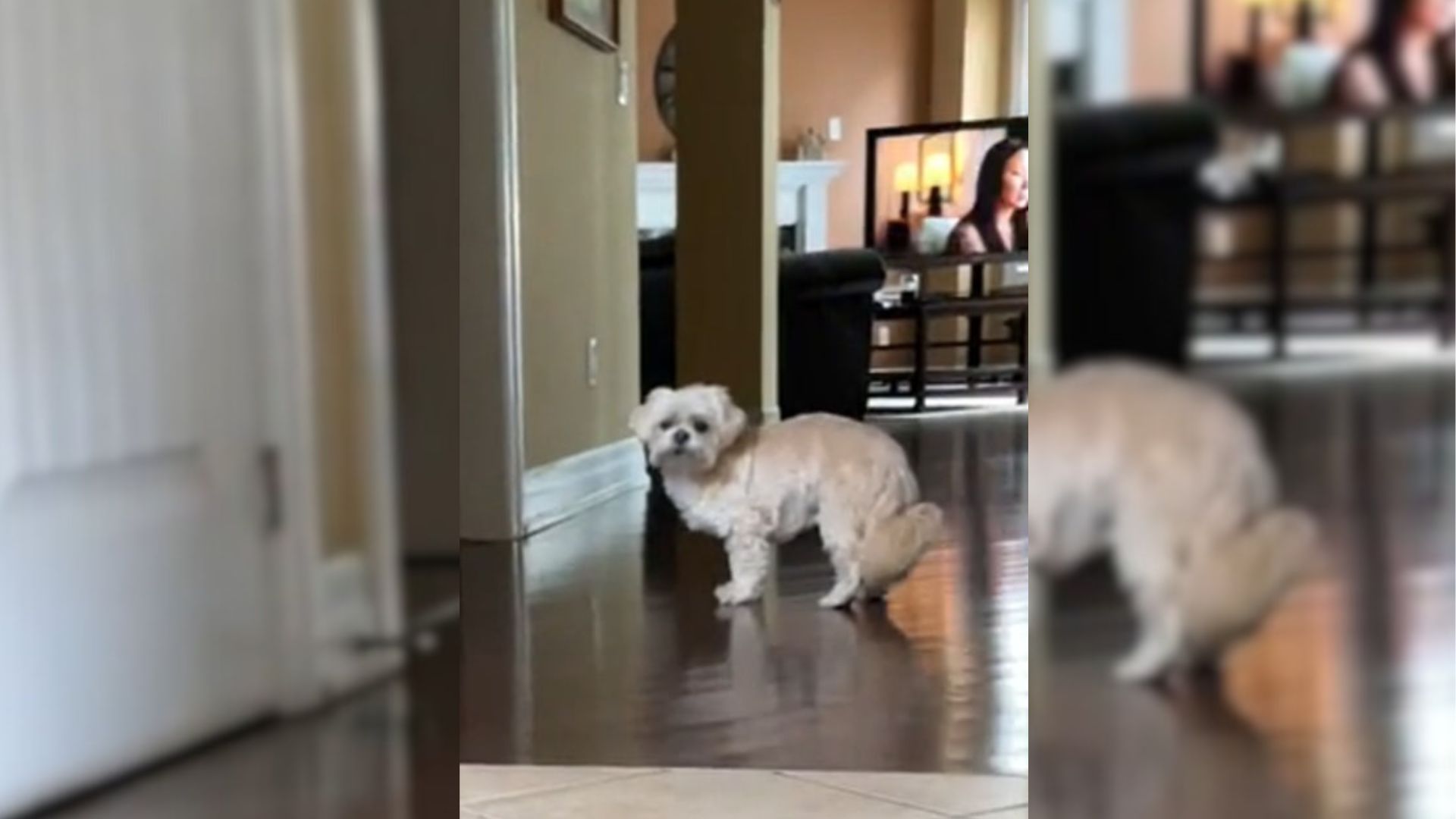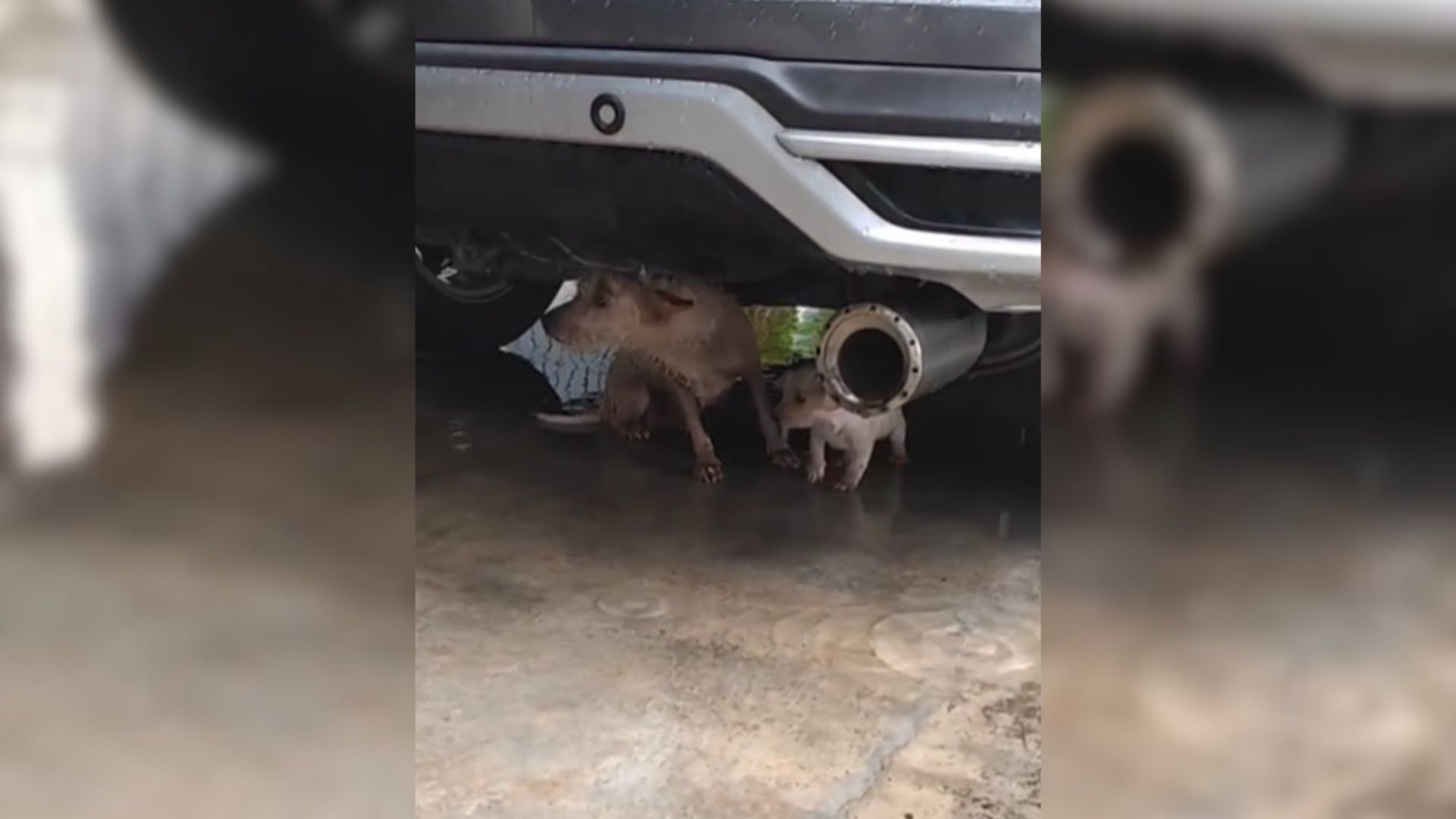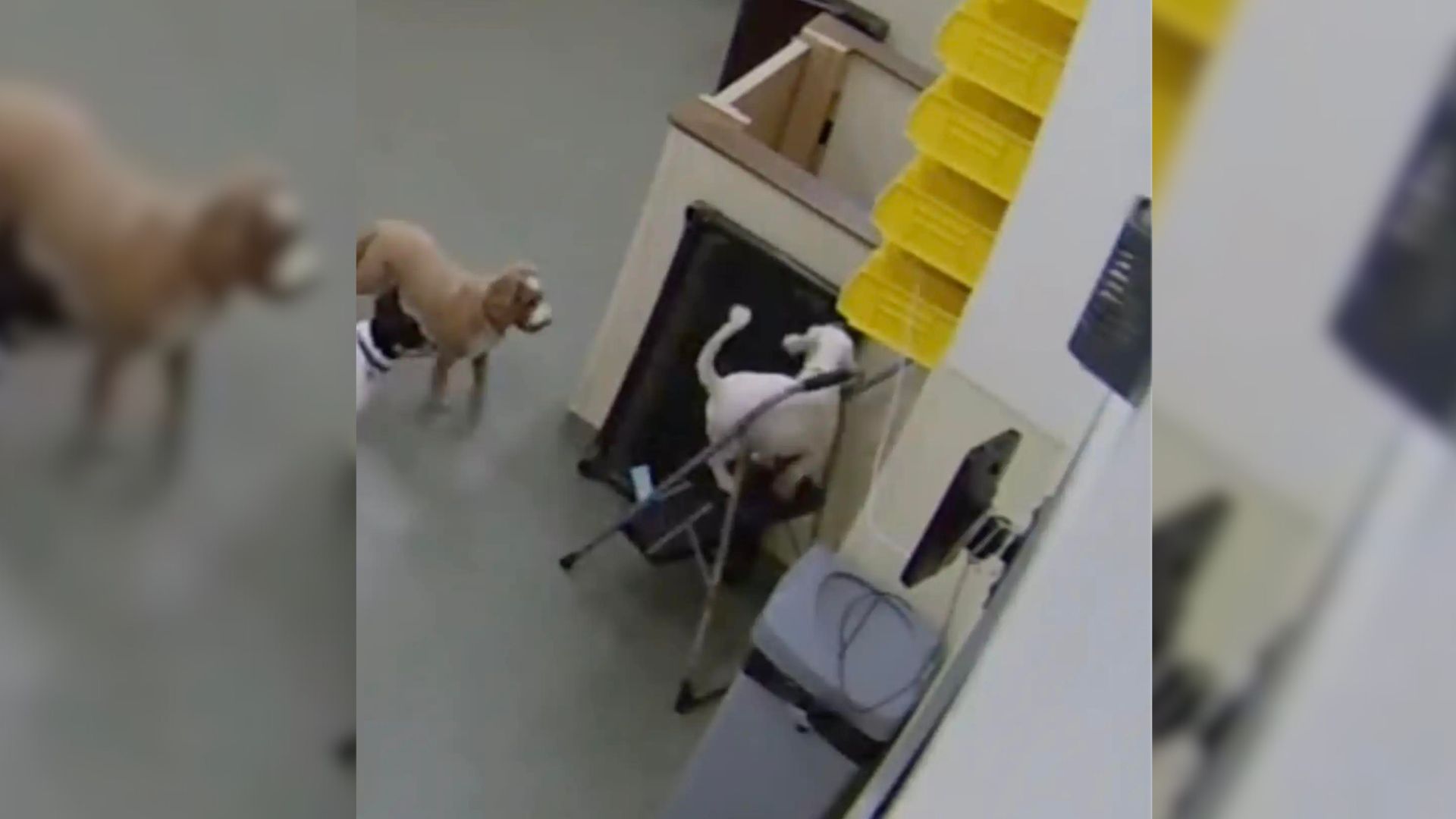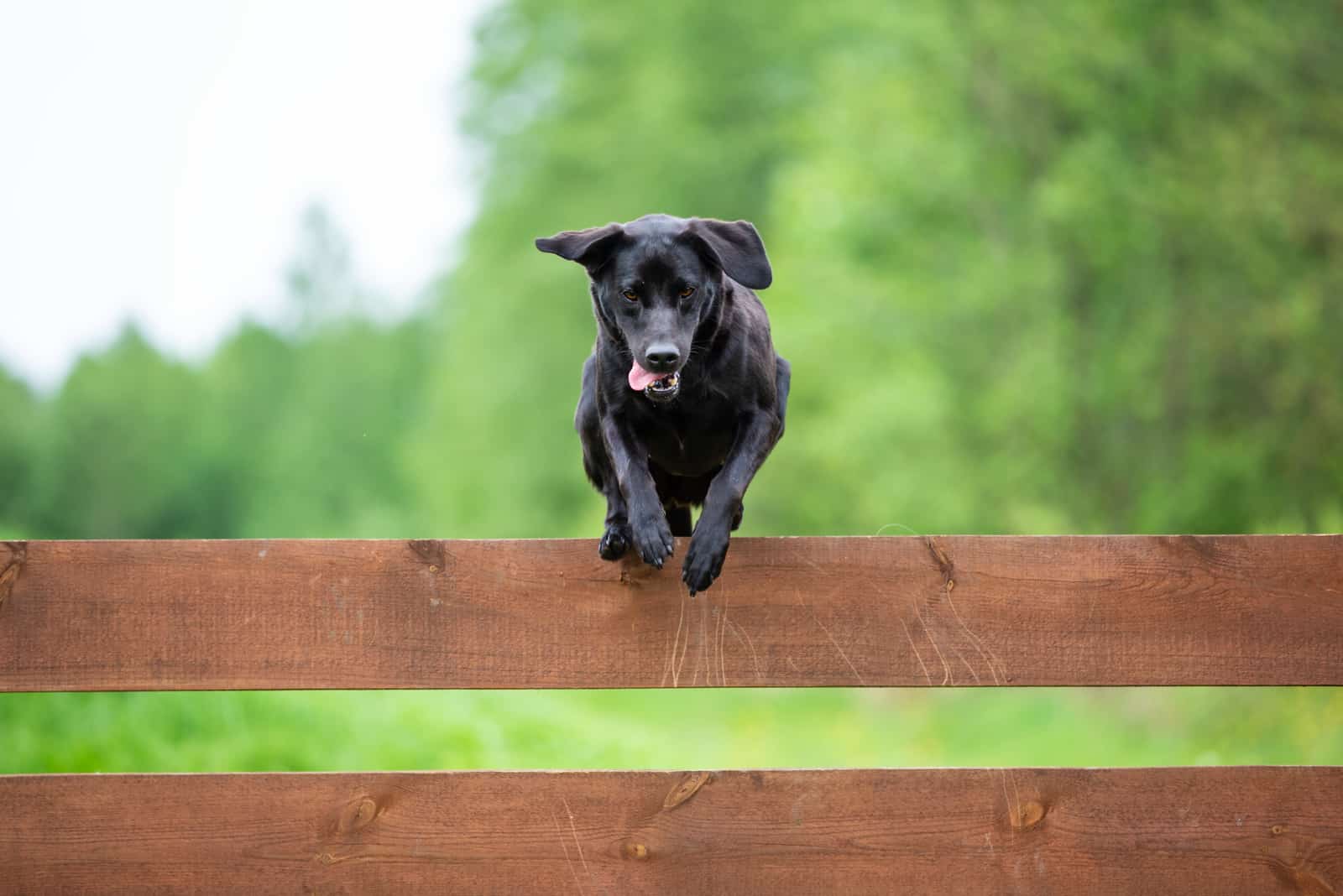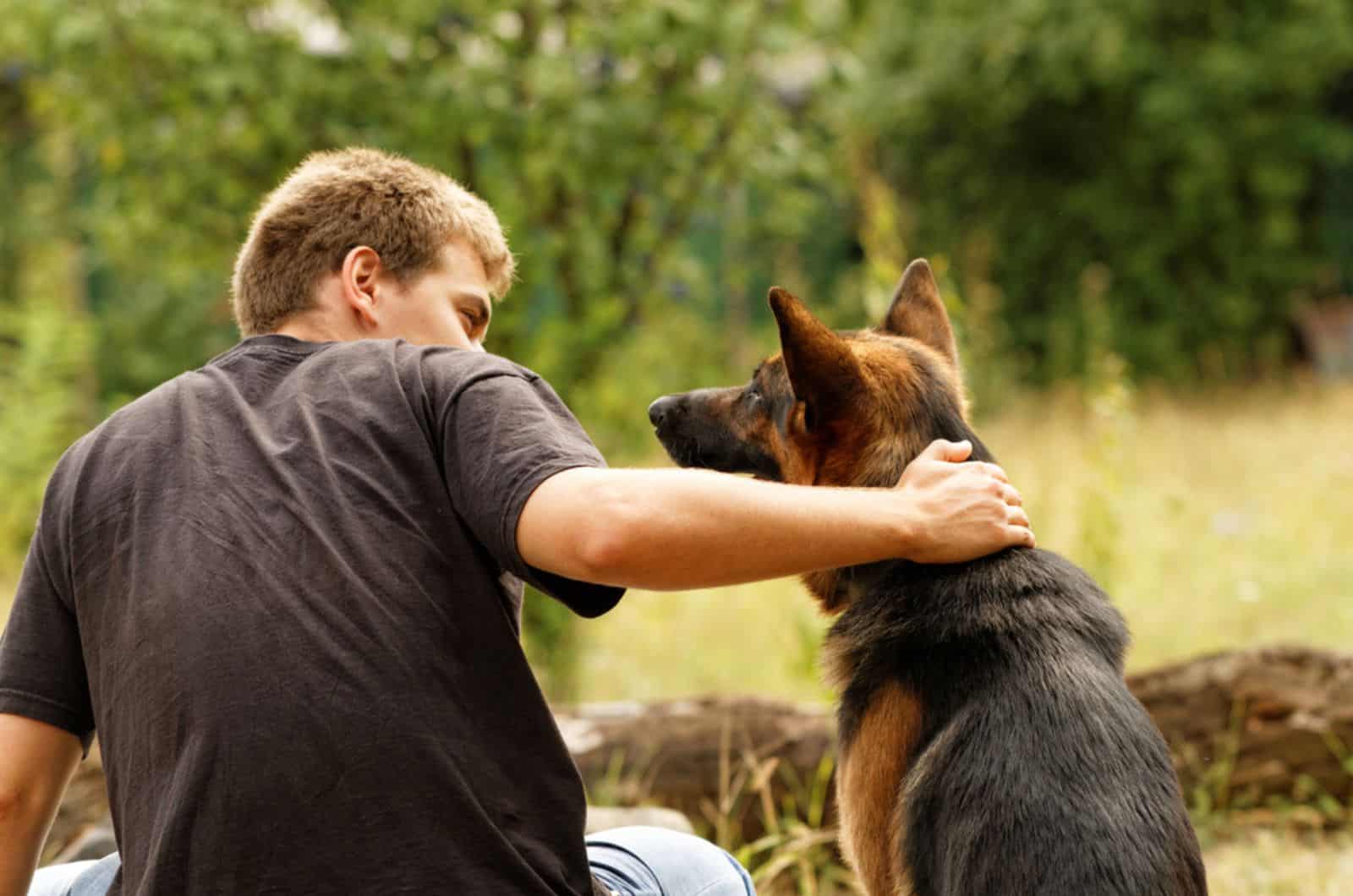The sound of a German Shepherd barking is a sound you’ll never forget. This is one of the kindest dogs in every possible meaning. These dogs have a unique character that glows up from even the early stages of their lives.
They’re quite vocal, and they love to speak, even when they’re not asked to. So, how do you stop this kind of annoying trait?
Surely, there are situations where barking isn’t appropriate, but we can’t keep a dog from barking. Or, can we?
Controlling barking is very possible, but it requires plenty of time, patience, and… treats! YOU’RE now in for a treat because, in a few steps, you’ll learn how to tell the cause of the barking and learn how to control it.
Ready? Steady! SPEAK!
Do German Shepherds Bark a Lot?

The GSD is definitely among the most vocal dog breeds in the whole canine world.
They bark a lot to express their emotions, but there’s still a solution to this tiny problem.
Start at an early age with their socialization. The more you work with the GSD, the more progress you will see. Their training costs a lot of nerves, but you won’t find a more obedient dog anywhere.
If your dog still barks a lot, even after the training, you’ll have to accept it. Sometimes, no amount of training helps because the GSD was bred for herding purposes. It is hard to ignore this gene since it always finds a way to show up through time.
When Does a German Shepherd Puppy Start to Bark?

Being such a vocal breed, the German Shepherd puppy starts the first signs of barking at the early age of two to four weeks.
These signs are usually just some grunting or whining. The yipping occurs at the age of two months and progresses into real barking when they turn four months.
Some puppies begin to bark before the four-month-mark, some later. This is all because of the difference in temperament.
Why Do German Shepherds Bark?
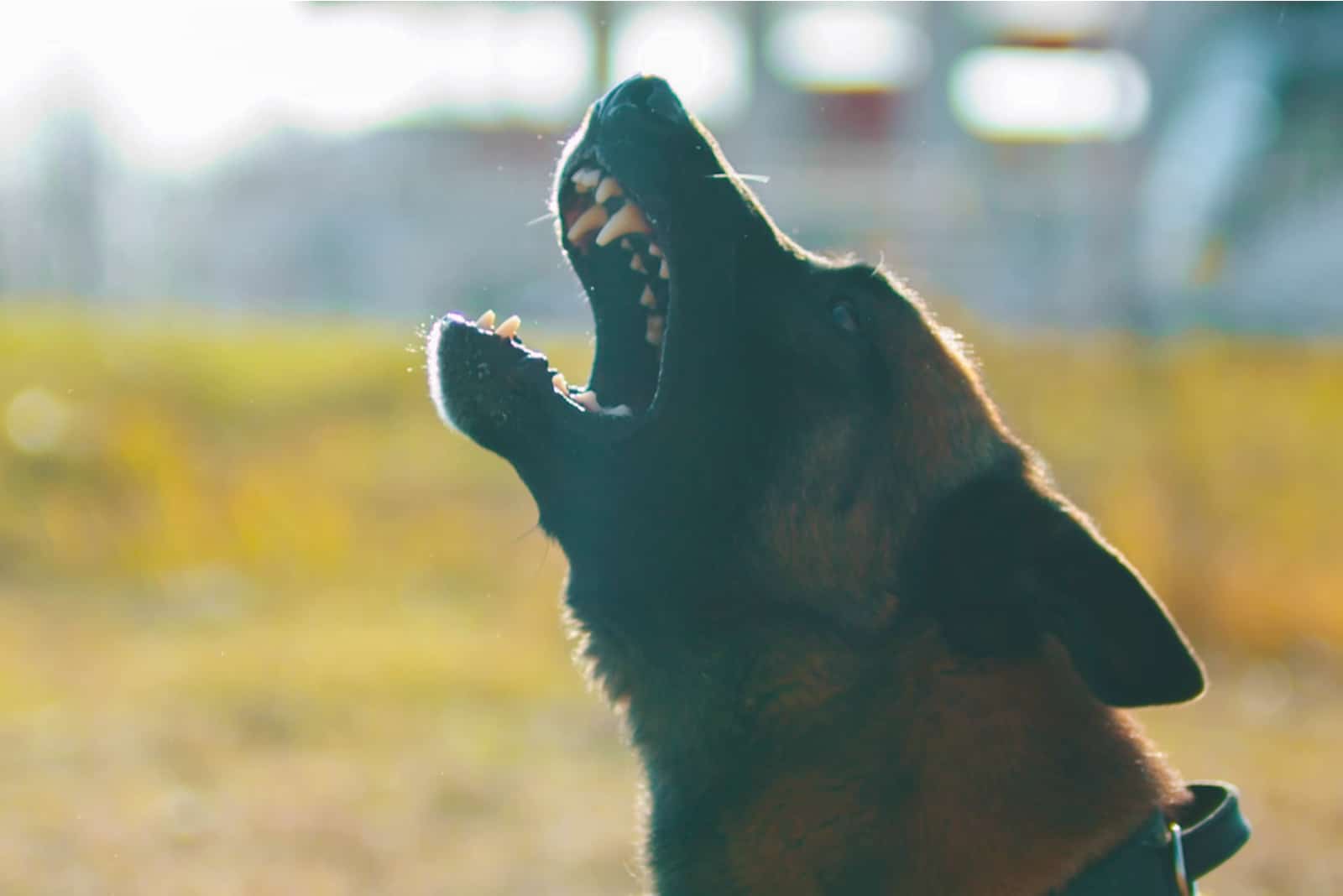
To crack the code behind why your GSD is barking, you will have to check the following factors:
• location
• time, and
• presence of other animals
Therefore, a GSD can bark because of:
• excitement
• nerves or fear
• loneliness
• frustration
• boredom
• anxiety
• pain
• hunger
• he’s at a young age
• territorial barking
• provocation

Photo from: @barcetdog
Excitement is a very common cause of loud barking. You’ll hear him bark when he hears the keys jingling at the door, when you grab the leash, or when he steps outside for a walk.
The GSD sometimes acts like a big kid and gets excited when expecting something will happen.
Being nervous or fearful is something that affects a dog’s barking negatively. Whenever they hear or see something familiar that leads to an uncomfortable situation, they will remember it and bark.
That’s why your Rex is always so nervous when going to the vet.
Loneliness is a big problem with lots of dogs, especially with this German dog breed. If the pattern of you leaving your dog for several hours repeats every day, the dog will not respond well.
This is a breed created to stand along with a human. They’re people dogs. They need a human touch. So, getting them another four-legged friend won’t be the solution.
The GSD needs your presence constantly, and you should do as they wish.
The GSD is a working dog, meaning he is used to spending half of the day outside, exercising, being active, and finding a vent for their accumulated energy.
If you leave your German Shepherd alone without any activities for too long, he will get bored, and thus, start barking.
Boredom leads to frustration, and frustration leads to destructive behavior. It’s basically a cry for help to give them attention and mental stimulation. Invest in some puzzle toys. They make wonders and solve boredom in a blink of an eye!
Yes, separation anxiety could strike even dominant dogs like the German Shepherd. They’re as much as vulnerable to developing anxiety as the next dog, especially the puppies.
A well-trained and socialized pooch is less likely to show signs of anxiety.
However, many triggers could wake up this condition and make your dog feel anxious and afraid. Big changes, such as moving to a new home, getting an addition to your family, hearing loud noises, and witnessing fireworks are just some of the potential triggers.
Pain could be a major reason why your GSD is barking. The dog could be either injured or suffering from internal pain, and he’s barking loudly to let you know. Long exposure to pain leads to more frustration.
Hunger is something this dog won’t tolerate, so don’t be surprised if the barking wakes you up in the morning instead of the alarm clock. Make the dog sit and eat when you tell him to and this behavior will be corrected.
German Shepherd puppies bark more than adult dogs. Don’t worry, this should go by as they get older. That’s why it’s so important to start dog training while they’re still young.
Probably, the biggest reason why the GSD barks is territorial protection. Whether there’s a knock on the door or other dogs are approaching, this dog will turn on the alarms and use his voice to protect his territory.
He’s really the best guard-dog bred to serve and protect!
Barking is a natural and instinctive response to being provoked. Just like humans, dogs can get provoked by a situation or a person.
Such situations include seeing a female dog in the heat season, being teased by someone who’s dog-ignorant, seeing a squirrel, or facing another dog.
Listen up! This is How the Barking Sounds

The German Shepherd’s type of barking changes a lot as he ages.
There’s a significant change from puppyhood to adulthood. At first, the puppy bark is quite high-pitched and noisy.
This tone gets a lot deeper as the aging progresses, and it becomes resonant and forceful.
Another problem with a German Shepherd’s vocalizing is howling. In puppyhood, they discover howling, which can be quite a problem at night. The resolution of this problem is the same as with barking: the right training and lots of it!
How Loud Is the Bark?
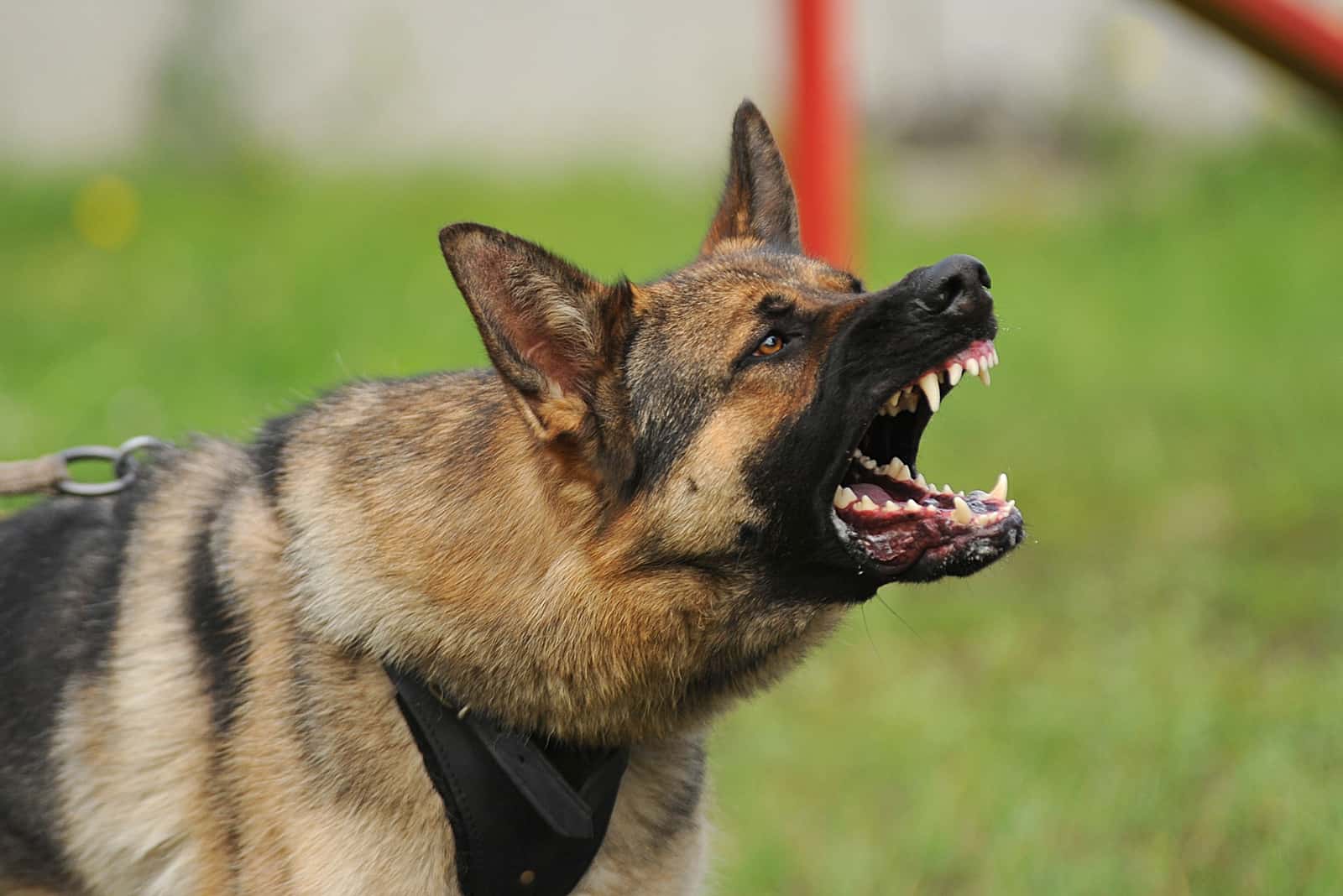
Yes, they are loud. And yes, they are intensive. No wonder the GSD is usually used on the force when he can stop a criminal momentarily.
Human ears can take up to 85 decibels. Anything over that is painful. Just imagine how loud the loudest bark that one German Shepherd produced! An incredible 108 decibels!
Obedience Training: Top Tips for Training Your German Shepherd Dog
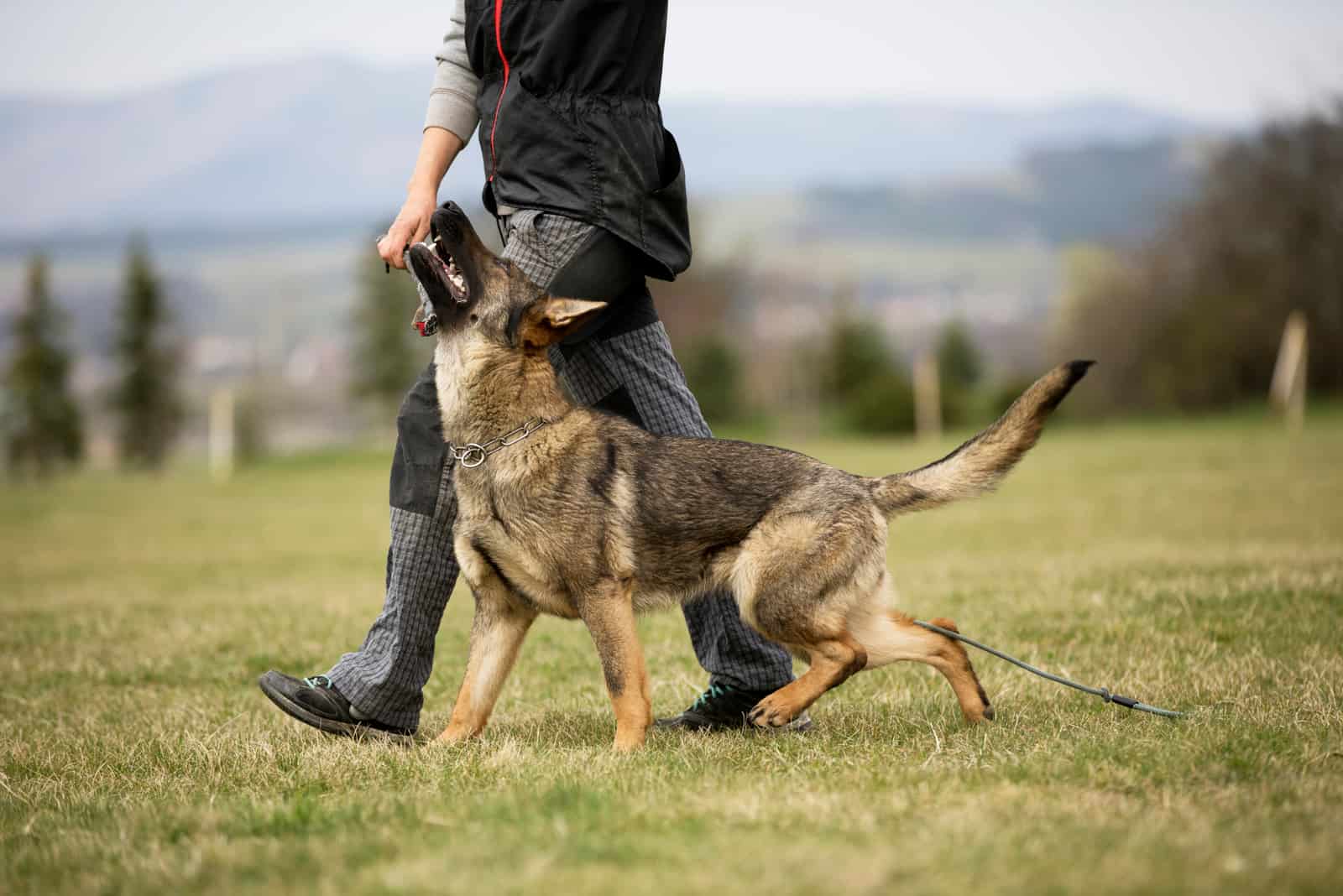
The first step to completing obedience training successfully is identifying the cause of the barking.
Those of you who own a puppy or a rescue with no vocalization issues do not have to start here.
This step is a must for pups who already have barking issues. The root of it may lie in some of the aforementioned causes. Make sure you scroll up and check which one is possible.
Furthermore, positive reinforcement is the next tip for an obedient puppy.
Praise, pats, play, and treats beat punishment anytime!
Punishment or negative reinforcement creates fear and results in misbehavior.
Positive training is crucial for a dog’s intelligence, especially for this dog breed.
Positive reinforcement is the only safe way, basically, the only way you should go.
Of course, some aids could assist you with the training. For example, the clicker.
This is a small, handheld device that produces clicking sounds that a dog can associate with certain things, such as praise, a reward, a pat, or something else. When the dog hears the click, he will know what to do to get the desirable reward.
Finally, consistency is crucial.
Dogs very well know when you begin to slack off in training. These dogs love to learn and are fast learners. You might even say they’re smarter than some humans!
If you maintain consistency, you will get results in the form of a well-trained GSD.
The Barking Dog: All About How to Reduce The Problem
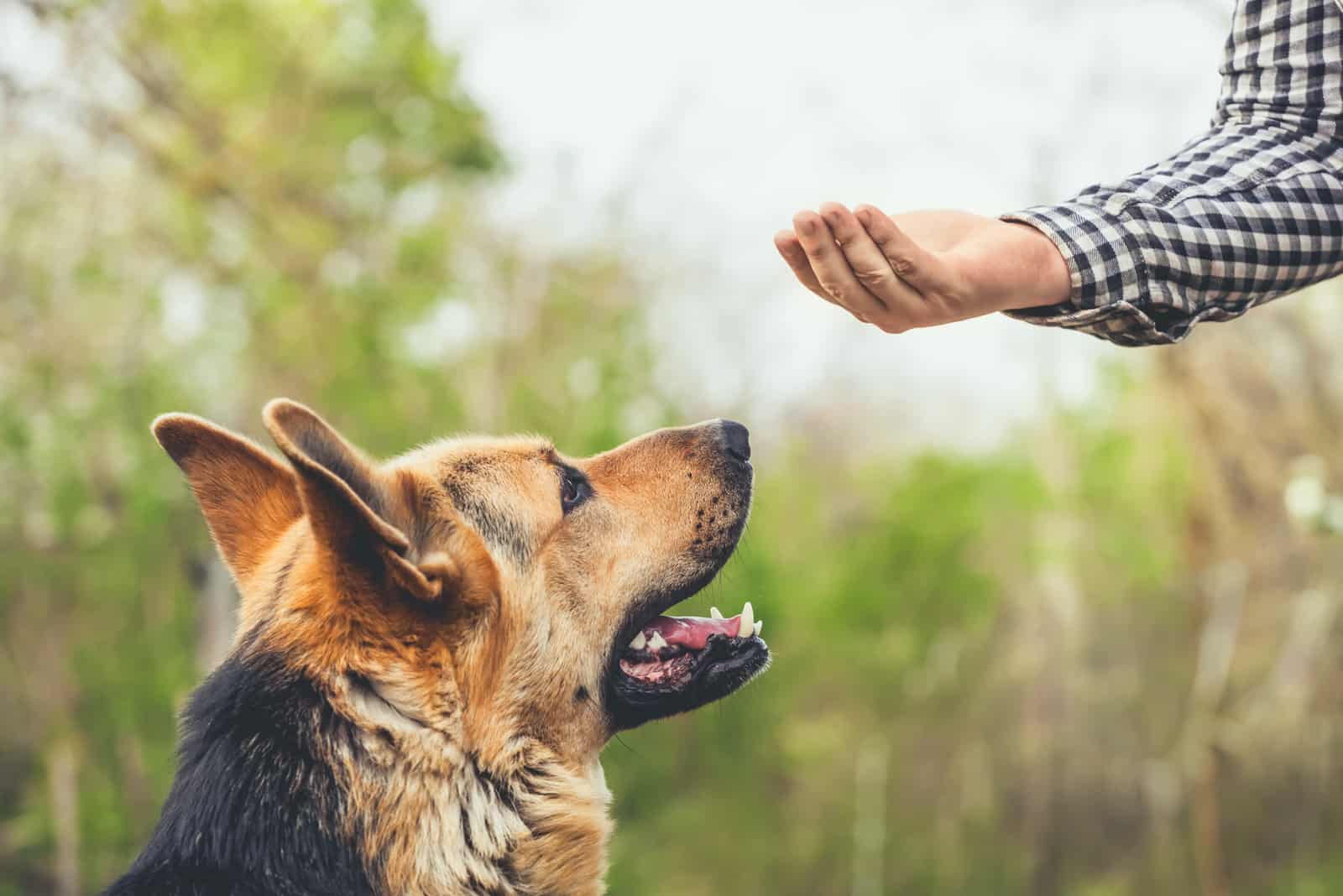
The Internet offers you many tips and tricks on how to reduce the barking problem. Sometimes, the abundance of something can cause a problem because you don’t know where to start.
Amazon offers plenty of books on dog training, as well as on how to reduce your German Shepherd’s barking. Make sure you don’t forget to visit this website!
However, here’s what you can’t do before your Amazon book order arrives.
Exercise your dog. Feeling bored or not challenged is one of the biggest reasons why dogs bark. It’s his way of telling you he needs something more. He needs plenty of action.
Every GSD requires daily exercise and mental stimulation. There are numerous ways you can tire your dog! Go on longer hikes. Try putting on a doggy vest that weighs no more than 10% of their body mass. Let him go swimming in the lake!
Try playing fetch, too! This would be a fun way for the two of you to bond, and the dog will get the much-needed exercise.
Still, if you’re too busy to spend lots of time working out with your pooch, hire a dog walker. These people often tend to walk more dogs at once, meaning there will be lots of opportunities to play with other dogs.
Step number two to reduce the problem is get your dog to switch the focus on you.
Your dog has to learn to look at you for guidance before he starts barking. This is the way that gives better results.
So, here’s what you need to do: before the dog starts barking, switch his attention to you by offering him a treat. He might think he’s getting a treat for barking, but it’s actually the opposite.
Eventually, your GSD will connect the two dots and behave to get the yummy stuff!
Anytime you manage to keep your dog from barking in a situation that could cause him to do so (ex. seeing a squirrel), you reward him. Like I said before, positive reinforcement and a reward in the form of a belly rub do wonders!
Every problem can be nipped in the bud. Start the socialization and the training early. This shuts down jealousy and territorial behavior before the dog hits adulthood.
Dogs are much like kids. We’re told not to give kids what they want when they’re crying. The same goes for pups! Don’t pay attention to attention-seeking barking! Do it once, twice, three, four… a hundred times and the dog will finally catch up.
You will catch up, too! Look closely at your dog’s body language. Soon, you’ll notice a pattern repeating before every troubling action (ex. someone knocking at the door). It’s not that hard to predict when the dog will most likely bark.
When you know how to recognize it, you’ll know how to stop it.
If you still can’t get the hang of training your dog to stop with the noise, look for a professional trainer. The professional will handle your dog better and will guarantee success in a short time.
Training Disclaimer

Growling, howling, and barking are absolutely natural. Dogs can’t speak, so this is their way of telling you what’s wrong. Too hush down your German Shepherd means you’re not allowing him to speak. It’s a difficult process with a terrible result.
A proud German Shepherd owner would never consider using punishment as a training method. Putting on a bark collar or shock collar and hitting them should be forbidden by the law in every country. Negative reinforcement only brings fear and makes the dog less responsive.
German Shepherd Barking: How to Stop it Completely!
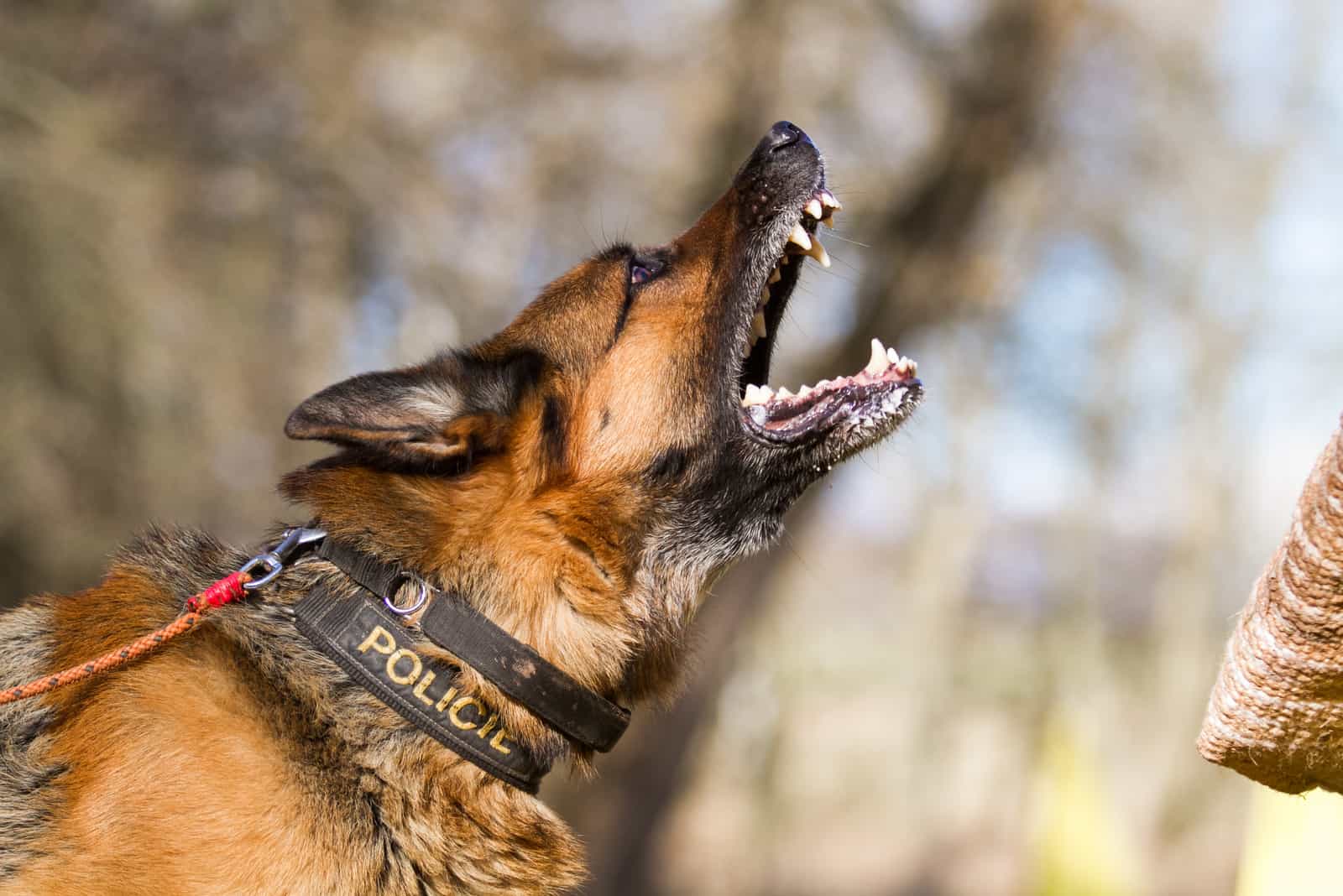
Like we said before, these are vocal dogs who are not ashamed to raise their voices.
To stop them from barking completely, one must detect if it’s the normal amount or if it is excessive barking. When you figure that out, here’s the solution for excessive barking:
Don’t get a German Shepherd. This is not the breed for you!
Shutting down their voice would be very difficult and extremely unhealthy for the dog’s emotional status. Who would even want that?!
Speak! Training German Shepherds to Bark on Command
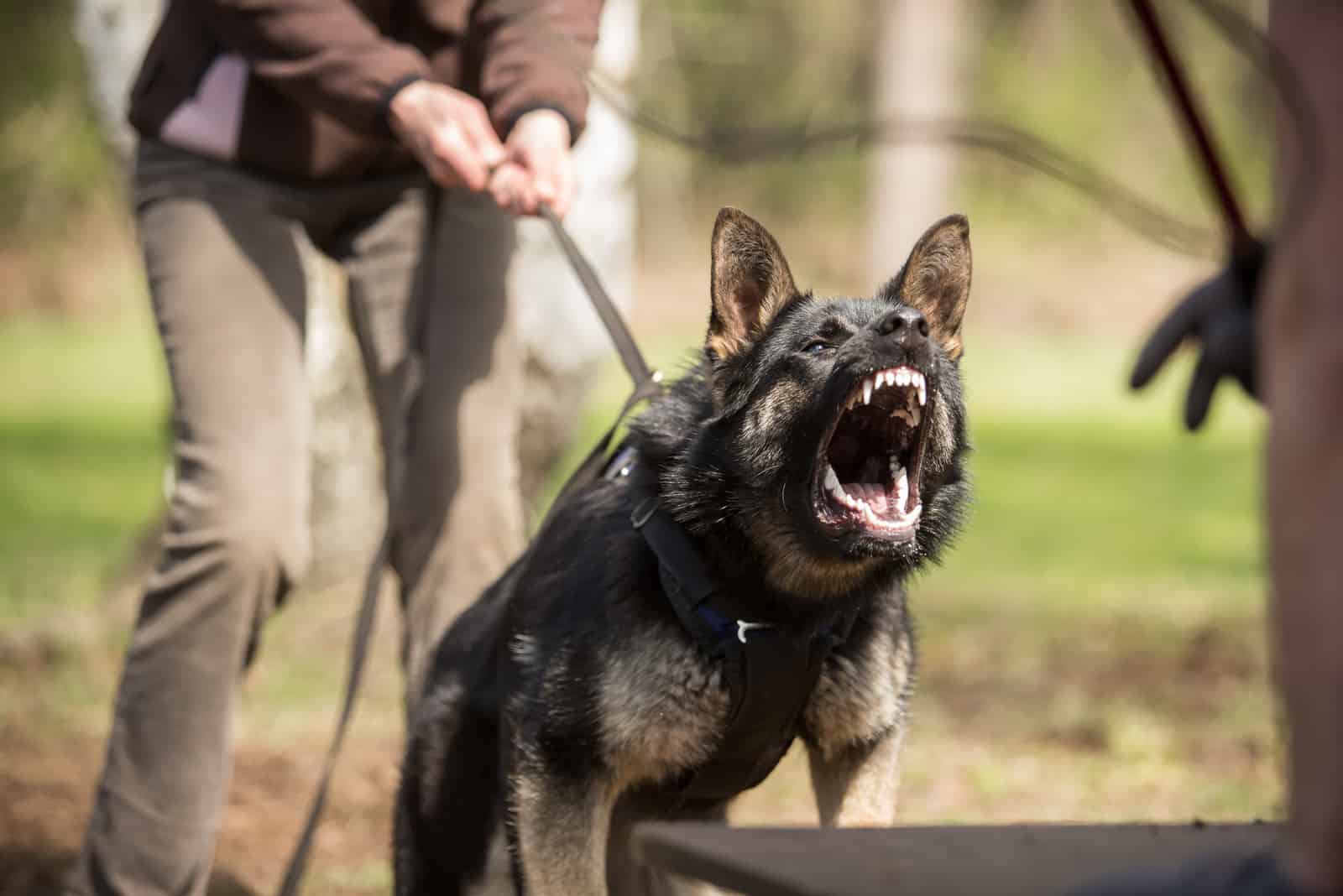
When you figure out what makes your dog go on, you can use it for something better: like training him to bark on command!
Many dogs bark at the doorbell ringing or door knocking, so this could be the best example to use.
After reading the following eight steps, you’ll be ready to start the “speak training”.
1. Sit with your dog behind the front door. Have someone ring the bell when you say SPEAK.
2. Your dog should bark when he hears you say SPEAK.
3. Say your marker word, ex. GOOD BOY or YES. This will be his reward. You can even add a pat on the head or a belly rub if you want to.
4. Now it’s time to be silent. Say the QUIET command and immediately put a dog treat under his nose. He will focus on food and forget about the barking.
5. As soon as he’s quiet, use your marker word for praise and give him the treat.
6. Repetition, repetition, repetition! This cycle should be done 10 to 20 times a day. You can even prolong the silence by stretching the marker word or delaying the treat. Something like when we say “staaaaaay”.
7. You’ll know you’ve done it the moment your German pup starts barking after your cue and before the doorbell.
8. This previous step can be applied to many other situations. Command him to speak when someone walks on the sidewalk, when he sees another dog, or simply when something noticeable happens around you.
The whole point is to let your dog know when it’s okay to bark and when not to bark.
Top Training Programs That Help Solve The Barking Problem

All dog owners who care about their pooch should consider sending them off to a good dog trainer if they’re not good at training them at home.
The best of the best German Shepherd programs are:
• The Dunbar Academy Training Program
• German Shepherd Corner
• Kraftwerk K9
Check out what these programs offer and find the best one for you. They’re all good, but it depends on what you’re looking for.
Our dogs are our family members and we love all of them equally. But, sometimes, even our family members can get on our nerves, especially if they’re too loud! Yeah, just like the GSD.
Don’t think that barking is a bad, bad thing. No, it’s not. This is just a way of expressing themselves.
So, the next time your Fido says WOOF, you say QUIET. He says WOOF, you say QUIET. WOOF, QUIET, WOOF, QUIET…
Read Next:
• Dog Bark Meaning & Reasons Behind Different Barks
• 8 Reasons For Dog Barking In Sleep
